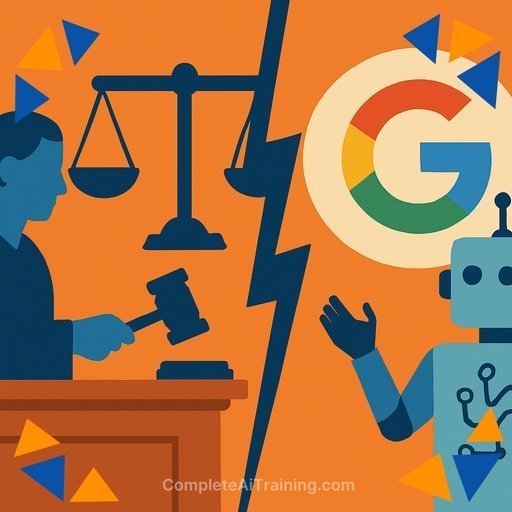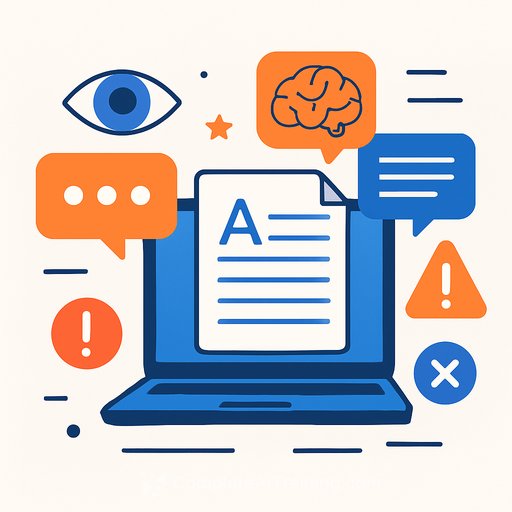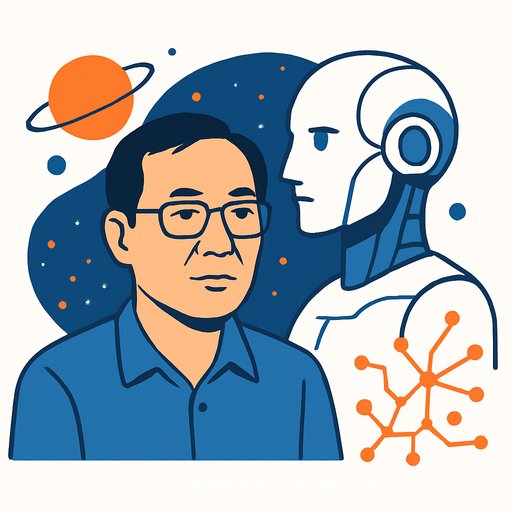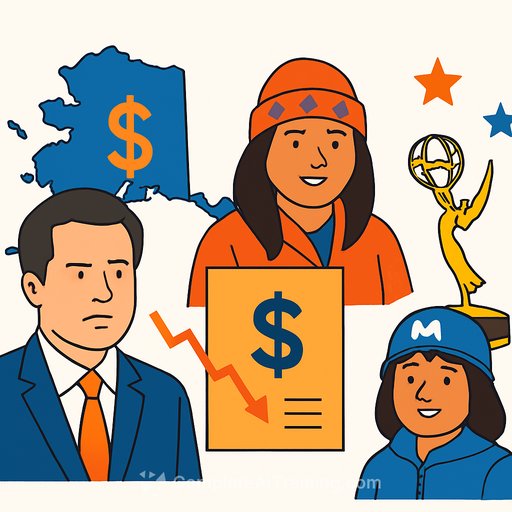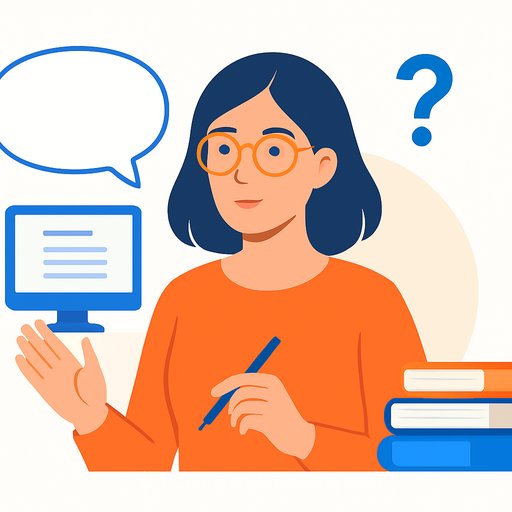Bartz v. Anthropic: What the $1.5B Settlement Means for Working Writers
Andrea Bartz-novelist and Milwaukee ex-pat-put her name on a class action suit that ended with a $1.5 billion settlement. The case: Anthropic allegedly trained its AI model on purchased and pirated copies of more than 5 million books, including Bartz's debut, without permission or payment.
Her reason for stepping forward was simple: "I couldn't come up with a good enough reason not to do it." For working writers, the outcome is a wake-up call and a blueprint for asserting rights in the age of generative AI.
What the case alleged
The suit claimed Anthropic digitized purchased books, destroyed the hard copies, and retained both purchased and pirated files in a private library to train Claude in 2021-2022. Writers and publishers weren't credited or compensated.
Among the works at issue were books by Bartz and her co-plaintiffs, Charles Graeber and Kirk Wallace Johnson. As Bartz put it, seeing years of labor folded into a system built for scale and profit felt "insulting and infuriating."
What the judge decided
In June, Judge William Alsup (N.D. Cal.) ruled on summary judgment that training an AI model on the texts qualified as fair use because the inputs were transformed into new outputs. However, he found that retaining pirated copies in a virtual library likely violated the rights of the copyright holders, setting the stage for trial.
That mixed ruling pushed both sides toward settlement talks focused on compensating rights holders for the allegedly pirated works.
The settlement, in plain terms
Approved in late September, the $1.5 billion settlement includes an estimated $3,000 payment per work in the class settlement. Copyright holders should go to the Bartz v. Anthropic Settlement Site to learn about potential claims.
Anthropic said it remains committed to developing safe AI systems that help people and organizations. Bartz called the agreement "imperfect," but a meaningful first step in correcting incentives.
Why this matters for working writers
Copyright law wasn't built for models that ingest massive corpora and output fluent text. As Marquette Law's Bruce Boyden noted, AI raises hard questions about fairness: authors' works can be used to build tools that compete with them.
There's also a cultural cost. Bartz points to the quiet erosion of critical thinking when people default to AI-generated content. The question she asks is blunt: Who benefits if we offload our thinking? The answer too often points to big tech-not the creators.
Practical steps to protect your work
- Register your books and major articles. It strengthens your ability to claim damages and assert rights. Start here: U.S. Copyright Office - Registration.
- Track rights and versions. Keep a spreadsheet of ISBNs, publication dates, publishers, agent contracts, and reversion clauses.
- Add AI clauses to contracts. Specify whether your work may be used to train models, under what terms, and with what compensation.
- Watch for claim windows. Class action settlements move fast; set alerts for claim sites and deadlines.
- Vet your own AI use. Disclose when AI assists, avoid pasting unpublished drafts into prompts, and prefer tools with clear data-use policies.
- Coordinate with your agent and publisher. Align on licensing, excerpts, and enforcement strategy.
Using AI without giving up your leverage
AI can speed research, outlines, and line edits-but use it on your terms. Treat it like an intern: helpful, supervised, and never given your proprietary drafts or source material to keep.
If you're experimenting, focus on tools and workflows that respect consent and attribution-and write policies for your team so everyone follows the same rules. For vetted tool lists and practical workflows for writers, see: AI tools for copywriting.
The bottom line
This settlement won't answer every legal question. But it sends a message: creative labor has value, and consent and compensation still matter. Use this moment to tighten your contracts, register your works, and choose how-if at all-AI fits into your process.
Your membership also unlocks:

